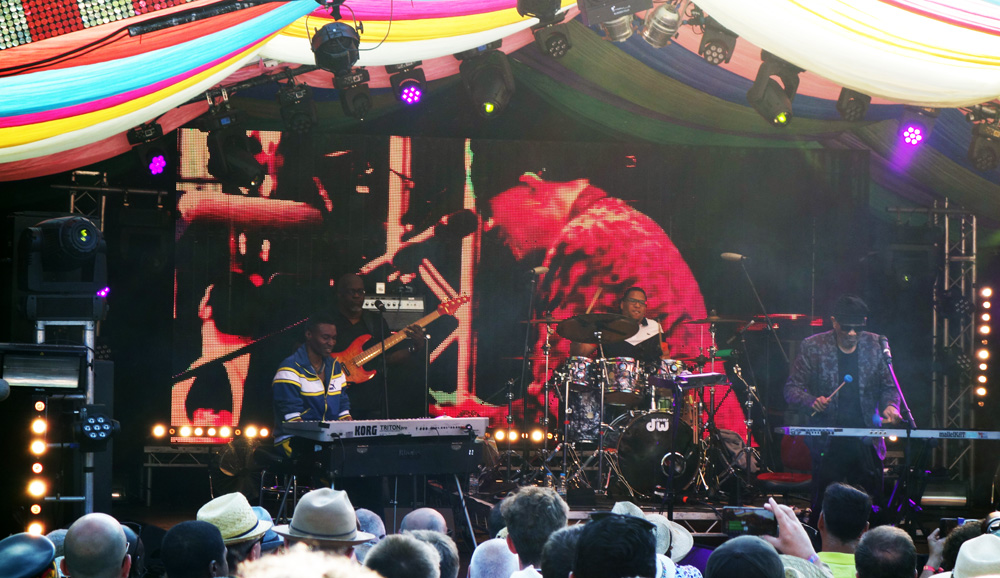
“New data released this week by LIVE, the federation representing Britain’s live music industry, has revealed that concerts and festivals across the country contributed a record £6.1billion to the UK’s economy in 2023.
“These findings underline just how vital live music, along with associated sectors and industries including hospitality and the night time economy, are to the financial well-being of the country and global soft power.
“Combined with recent research by UK Music, which tells a broadly positive story around the regrowth of live music post-Covid, the future appears to be bright for many already working in or about to enter the industry.
“However, a deep dive into the figures presented by LIVE – in particular, the regional breakdown of economic contribution and growth – suggests Birmingham, with a 3.6% share of total revenue, currently trails other UK cities outside the capital.
“With a metropolitan audience of 1.15 million and a wider regional population of 2.9 million, Birmingham and the West Midlands must do better to level up its live music infrastructure and improve output.
“Growth in central England is being significantly hampered by independent music venue and club closures, as has been well-documented by industry bodies including Music Venue Trust and the Night Time Industries Association.
“Yet despite Birmingham City Council’s failure to protect culture one year on from declaring bankruptcy, and with other market forces reducing the disposable income for consumers and fans, live music in the city is surviving.
“From the newly renamed BP Pulse LIVE (formerly Resorts World Arena) through to acclaimed international festivals like Supersonic and Moseley Folk & Arts, as well as the hundreds of small capacity venues and promoters passionately striving to create space for new and emerging musicians, DJs and producers, we as a community are standing strong.
“That said, and as the LIVE figures and recommendations spell out, further support and investment are needed if we are to flourish and grow.
“Birmingham and the West Midlands have what may be a once-in-a-lifetime opportunity to invest in the independent live music ecosystem.
“This means encouraging cultural development through new and innovative policymaking and initiatives – in partnership with the industry.
“We extend our calls to central and local government and authority leaders to grasp the chance to assist us in building back, through the reintroduction of a lower rate of VAT relief on tickets and retention of business rates for grassroots, hospitality, and leisure businesses in the Autumn Budget.
“Our regional and national political leaders and industry figures must continue to work together to secure the future for live music and NTE, targetting key regions such as the West Midlands, if we are to ensure the economic contribution and soft power the country has enjoyed through music for so long.”
